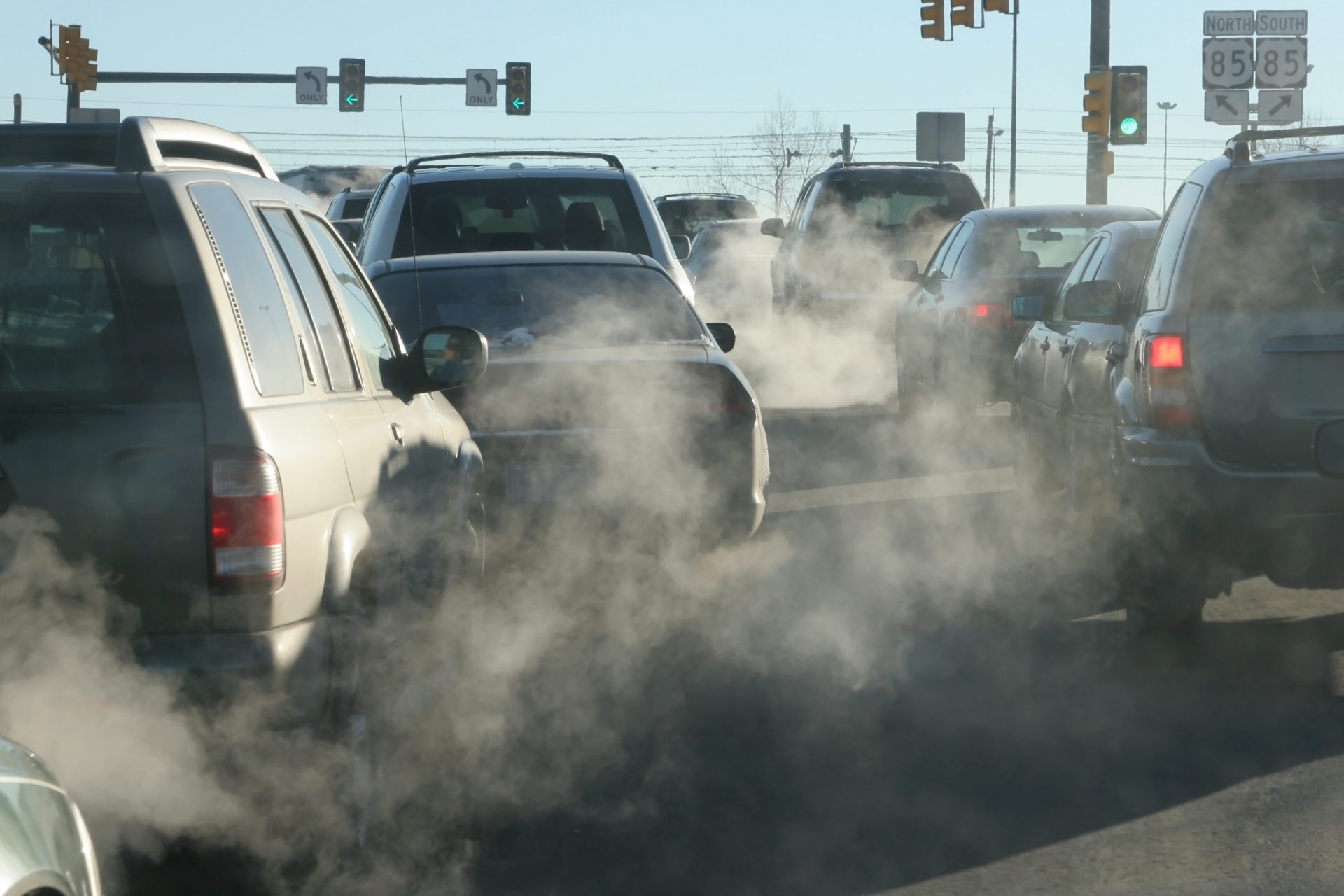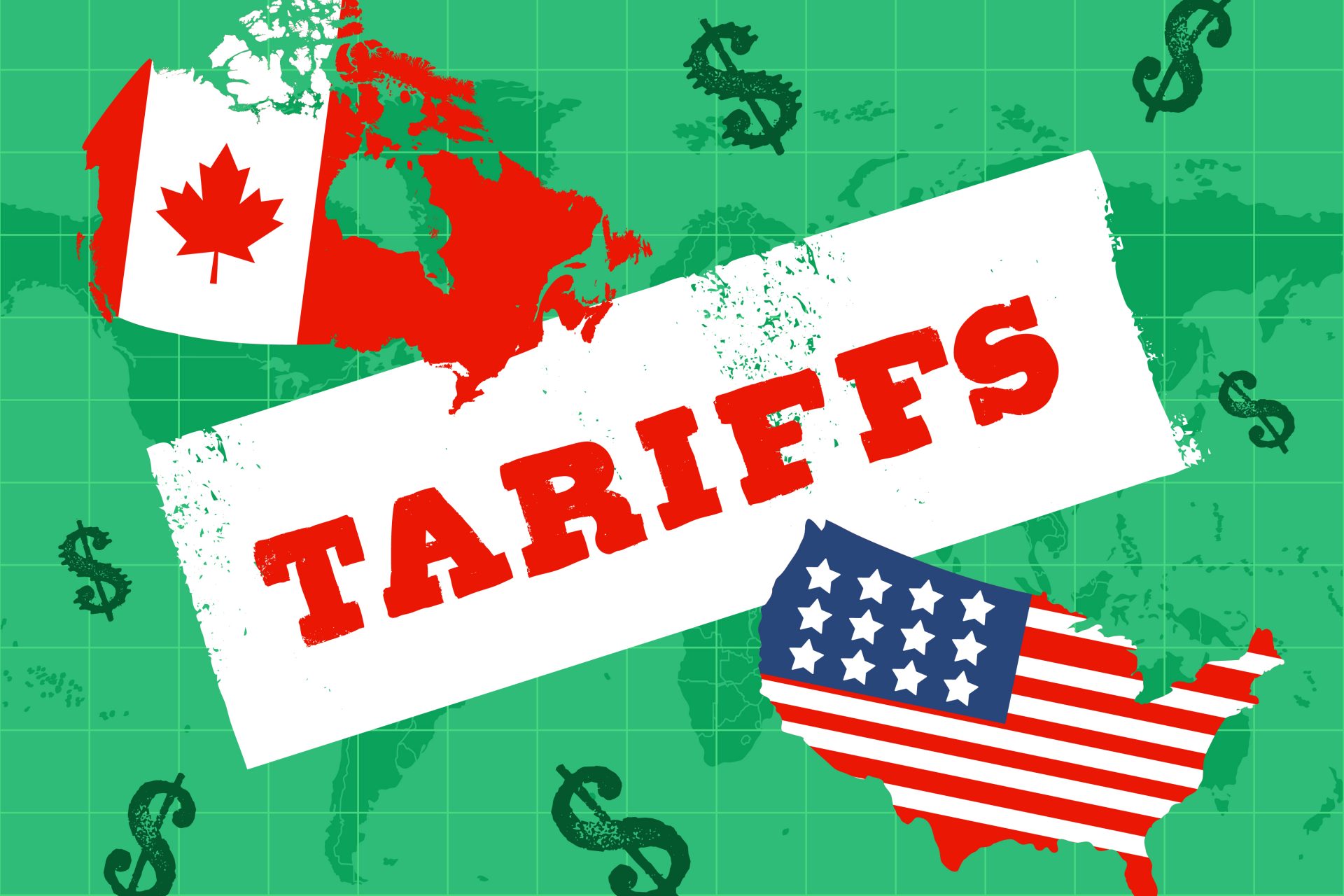Electric vehicles may not be as good for the planet as you think
We may think that, as a society, we are making great strides towards less pollution through the development and use of electric vehicles.
However, a new study suggests that car exhaust fumes are the least of our problems. There is a part of our vehicles that could be causing much more pollution.
In an article for the Chartered Institute of Environmental Health, Kerry Taylor-Smith wrote, "Car tires may represent a greater threat to the environment than exhaust fumes, with a new study suggesting tire wear produced almost 2,000 times more particle pollution."
It seems almost unbelievable that our vehicle tires cause more particle pollution than exhaust fumes! However, scientists from the Imperial College London say they are "increasingly concerned" by the particles tires release, as reported by The Guardian.
Air pollution is a huge problem globally. According to the World Health Organization (WHO), "The combined effects of ambient air pollution and household air pollution is associated with 7 million premature deaths annually."
For decades, one of the main focuses when reducing air pollution has been the exhaust fumes from our vehicles. But as data from the United Kingdom government shows, far more microscopic pollution particles are released from tires as they erode over time.
In an article for the Chartered Institute of Environmental Health, Kerry Taylor-Smith explains, "Tires are made from synthetic rubber, a derivative of crude oil, and contain a number of toxic organic compounds, including known carcinogens."
Taylor-Smith continued, "As they make contact with the road, they release tiny particles measuring less than 23 nanometres, which pollute the air, soil and water. Tests carried out by independent emissions testing company, Emissions Analytics, reveal that tires produce more than one trillion of these ultrafine particles for each kilometre driven."
Furthermore, The Guardian shared that the report from the Imperial College London estimates that "52% of all the small particle pollution from road transport came from tire and brake wear in 2021, plus a further 24% from abrasion of roads and their paint markings."
More astoundingly, the study indicates that "Just 15% of the emissions came from the exhausts of cars and a further 10% from the exhausts of vans and HGVs."
Nick Molden, CEO at Emissions Analytics, told the Chartered Institute of Environmental Health, "Tires are rapidly eclipsing the tailpipe as a major source of emissions from vehicles, but the nature of tire wear is poorly understood."
Molden continued, "Tire wear emissions are now more than 1,850 times the tailpipe particulate mass emissions, as the latest petrol and diesel internal combustion engines have become so clean."
Fortunately, there is hope for solving this pollution conundrum. The Guardian reported that Transport for London (TfL) is running trials on new kinds of tires and has found that "they could result in up to 35% less emissions."
Moreover, the European Union also has plans for tire regulations to help reduce tire emissions which are expected to be implemented by mid-2025, per The Guardian.
Nick Molden told the Chartered Institute of Environmental Health, "You could do a lot by eliminating the most toxic tires. Tires vary significantly in chemical composition, and potential toxicity, and so eliminating just the worst tires could lead to big environment gains."
Molden also pointed out that BEV (Battery electric vehicles) often cause more pollution through tire particles than cars that run on fuel, simply because "their extra weight and torque can significantly increase emissions."
Luckily, as electric vehicles become lighter and new tires become available, this will likely become less of an issue. According to The Guardian, the startup company Enso has designed a new kind of tire specifically for electric vehicles.
Enso claims that this new kind of tire wears out less, and during a six-month trial, the company found that their tires produced less tire pollution, were more efficient and cost 10% less than "regular" tires to boot.
So, there is hope that in the future, we will all be breathing far cleaner air thanks to a combination of electric and low-emission vehicles and far less polluting tires.
More for you
Top Stories
































